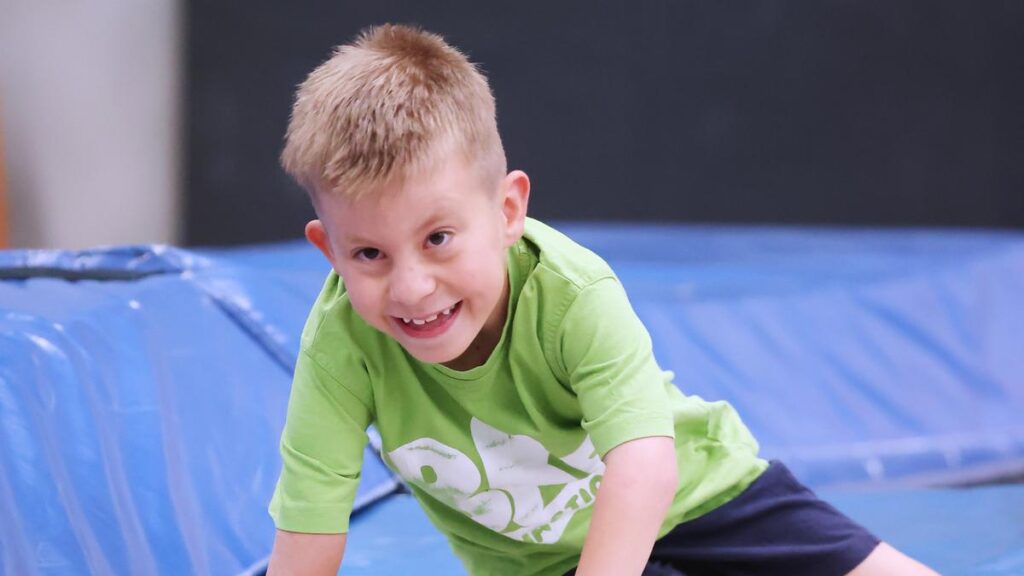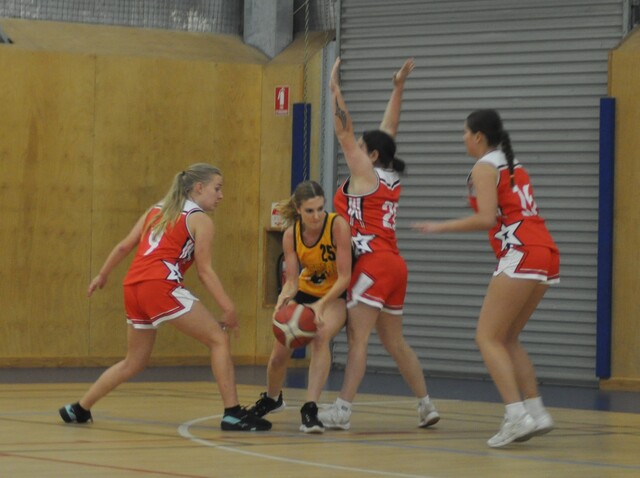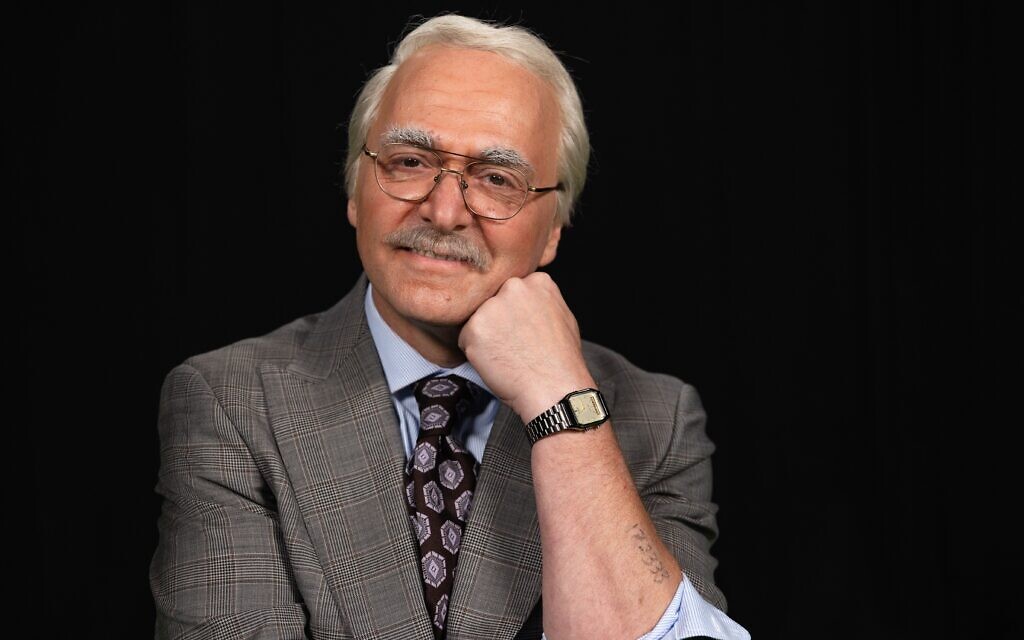
News. Telethon 2025. "A day in life of" series. Charlie Cain 8yo, during his gymnastics session at BK's Gymnastics in Wangara.
In a remarkable story of resilience, Charlie Cain, a child diagnosed with two rare genetic conditions, has defied the odds since his birth in 2017. Born with Prader-Willi Syndrome and Mosaic Trisomy 15, conditions that affect physical growth, cognitive development, and behavior, Charlie’s journey has been marked by challenges and triumphs that highlight the strength of family and community support.
Laetitia Cain, Charlie’s mother, recalls the moment that changed their lives forever. At just five days old, Charlie underwent emergency heart surgery after doctors diagnosed him with a disease affecting less than one in a million people worldwide. “It was the end of our life. If I could have run, I would have done it,” Laetitia remembers thinking as she grappled with the overwhelming news. The realities of raising a child with such complex conditions brought her to the brink of despair.
Prader-Willi Syndrome occurs in approximately one in 15,000 births in Australia, while Mosaic Trisomy 15 is even rarer, occurring in just one in a million. These conditions presented Laetitia with a daunting challenge as she faced the reality of Charlie’s disabilities. “You feel very alone, depressed,” she said, describing the emotional toll that the diagnosis took on her and her family. “It’s every parent’s worst fear, and then it happens.”
Despite the bleak prognosis, Laetitia chose to embrace the situation. She quickly accepted that Charlie might never walk or talk, and even learned sign language in preparation for his developmental needs. “Charlie didn’t smile until he was six months old. He didn’t sit until he was 18 months. He didn’t walk until he was one,” she stated, reflecting on the early milestones that defined their initial struggles.
The turning point for the Cain family came when Laetitia discovered the Down Syndrome WA playgroup, a local organisation funded by Telethon. After months of isolation and grief, this supportive community became a lifeline. “Going to the Down Syndrome WA playgroup was the best thing I’ve done for myself after Charlie was diagnosed,” she said. “You meet other kids, you meet other parents, and suddenly you no longer feel alone.”
Through Telethon-funded services, Charlie has received critical support over the years. He began walking therapy with Healthy Strides at the age of two and has also benefited from assistance at the Telethon Hearing Clinic and RDA Capricorn, where he has enjoyed horse riding for the past three years. “It was like I no longer felt alone,” Laetitia remarked. “I suddenly was listened to by people who actually understand.”
Charlie’s weekly schedule is structured to support his ongoing health and development. Tuesdays are dedicated to a private gymnastics class focusing on mobility, while Wednesdays and Fridays feature speech and occupational therapy sessions, respectively. He also attends swimming lessons on Fridays and participates in group horse riding sessions every Saturday. This routine not only aids his physical abilities but also fosters a sense of normalcy in a life filled with challenges.
Despite these advancements, Charlie faces unique difficulties. “He doesn’t drink water because he just doesn’t feel thirsty,” Laetitia explained. Everyday activities, such as visiting parks or going to the beach, require careful supervision to ensure his safety. “We basically just don’t do things—there are a lot of things that we can’t do,” she said, expressing the constant vigilance required in their daily lives.
Through the hardships, Laetitia and her family have learned to appreciate the small victories. “I remember looking at him, when he still couldn’t smile, and thinking, ‘well, he’s still super cute,’” she shared. “He is our special boy, and we are super proud of him.” While they remain conscious of the future, Laetitia no longer feels the weight of worry that once consumed her.
As Telethon 2025 approaches, the Cain family embodies the spirit of hope and resilience, demonstrating that with support, love, and determination, it is possible to navigate the complexities of life with rare genetic conditions. Charlie’s journey, marked by both challenges and triumphs, serves as an inspiration to many facing similar battles.







